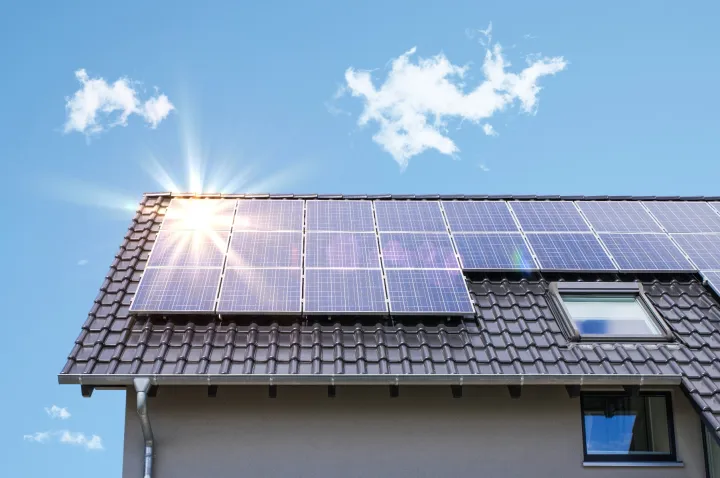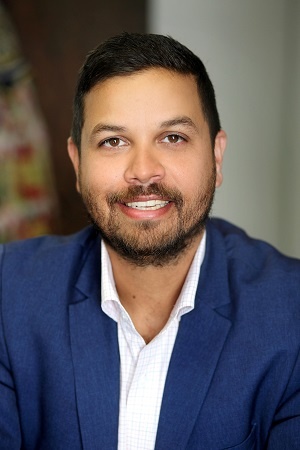SPONSORED CONTENT
Navigating the twin challenges facing SA’s renewable energy programme

South Africa has taken great strides in deploying private sector capital into renewable energy projects, giving the country its best chance at improving energy resilience and combating climate change. But 2024’s twin challenges are expanding the capacity of the national power grid and making significant advancements in energy storage technologies.
Amid the global shift towards sustainable energy solutions, South Africa has been a leading player in renewable energy adoption through its Renewable Energy Independent Power Producer Procurement Program (REIPPP).
South Africa’s REIPPP has been instrumental in catalysing private sector investment in renewable energy projects. Our analysis shows that as of 2023, 9 863MW (123 projects) had been awarded preferred bidder status, and 6 280MW has already come online under REIPPP. Further, projects announced under Bid Window (BW) 5 and 6 are expected to come online over the next two years. Through the recent announcement of the biggest REIPPP bid window thus far (BW7), the government seeks to procure 5 000MW of renewable energy.
The progress made through the programme highlights the sheer quantum of private sector capital that has been deployed into the renewable energy and infrastructure ecosystem to date and is an acknowledgement of the critical importance of incorporating renewable energy sources into our energy matrix to combat climate change while improving energy resilience.
At Prescient Investment Management, we believe that, as South Africa moves ahead, our country faces a pivotal year in 2024 with twin challenges that are critical to the REIPPP’s continued success: (1) the integration of renewable energy into the national power grid and (2) significant advancements in energy storage technologies. These challenges are central to ensuring a stable, efficient, and sustainable energy landscape capable of supporting an increased reliance on renewable sources.
The integration of renewable sources into South Africa’s grid is a monumental task and one that is critical to our future. It is a significantly complex endeavour, primarily due to the variable nature of renewable energy sources. Additionally, the grid’s capacity is key for the success of our future bid rounds, especially in the wind and solar rich Eastern, Western and Northern Cape provinces. Indicative of the extent of the challenge is that, based on our understanding, more than 23 wind projects from BW 5 were not awarded as there was no grid capacity available in these three provinces. This is why we continue to highlight how crucial it is that the grid’s capacity is addressed to enable further renewable energy sources to be integrated at scale.
There have been concerted efforts to address this challenge, and these include (1) Eskom introducing an interim grid allocation solution, (2) Eskom’s “curtailment” framework, and (3) the upgrading of the grid infrastructure with smarter, more flexible technologies. Electricity Minister Kgosientsho Ramokgopa has also called for private sector investment in expanding South Africa’s transmission capacity to satisfy the need to continually add more renewable energy to the grid.
These initiatives and the deployment of smart grids and distributed energy systems are all core components of the country’s key strategy going forward, offering enhanced energy distribution management and the ability to balance energy supply with demand in real-time.
In 2024, another primary challenge in upgrading grid infrastructure will be effectively managing renewable energy sources’ variability. Solar and wind power generation fluctuates with weather conditions, posing stability challenges to a grid that was never developed to accommodate this much intermittency. That is why prioritising the various initiatives underway is critical to the continued success of our energy programme. Technical obstacles, such as grid congestion and voltage instability, necessitate innovative solutions to optimise operations and prevent disruptions. Strategic planning, infrastructure upgrades and advanced grid management tools are essential for grid modernisation initiatives.
Notwithstanding the progress made, risks still abound. While the availability of capital is not one of these risks, tight timeframes are concerning, and so is coordinating multiple stakeholders, including government entities, utilities, and private investors. This poses a complex challenge requiring effective collaboration and streamlined decision-making processes.
What’s next?
To navigate these challenges, we believe that REIPPP should adopt a holistic approach that combines policy support with clear regulatory frameworks. Strategic partnerships between international experts, local players and those charged with policy development and execution will ultimately encourage further private sector participation.
We do not believe that South Africa’s challenges in bringing sufficient renewable energy online are insurmountable. Instead, they present opportunities for innovation and progress. By emphasizing infrastructure upgrades, fostering collaboration among stakeholders, embracing advanced technologies, and prioritising the needs of our REIPPP, we believe South Africa would be able to overcome these hurdles and chart a path towards a more sustainable energy future. DM/BM
By: Conway Williams, Head of Credit at Prescient Investment Management

About Prescient Investment Management
Prescient Investment Management (Pty) Ltd (PIM) was founded in September 1998 and is a leading systematic investment manager that relies on a data-rich investment process to provide clients with certainty in an uncertain world. By combining the best of human decision making with quantitative investing that is free of human bias and emotions, PIM has delivered superior risk-adjusted returns across its broad range of mandates for more than two decades.
PIM specialises in portfolio and risk management, managing money on behalf of retirement funds, medical aid schemes, corporate entities, trusts, and individuals. Its investment solutions range from unit trusts and retirement fund portfolios invested in all the listed asset classes through to infrastructure and clean energy debt funds.
PIM is a Level 1 BEE Contributor, a signatory to the United Nations Principles of Responsible Investing (UN PRI) and pledged to the Codes for Responsible Investing in South Africa (CRISA).
Disclaimer:
Prescient Investment Management (Pty) Ltd is an authorised financial services provider (FSP612). Please note that there are risks involved in buying or selling any financial product, and past performance is not necessarily a guide to future performance. The past performance is relevant to the financial services being rendered. The value of financial products can increase as well as decrease over time, depending on the value of the underlying securities and market conditions.
This document is for information purposes only and does not constitute or form part of any offer to issue or sell or any solicitation of any offer to subscribe for or purchase any particular investments. Opinions expressed in this document may be changed without notice at any time after publication. We therefore disclaim any liability for any loss, liability, damage (whether direct or consequential) or expense of any nature whatsoever which may be suffered as a result of, or which may be attributable directly or indirectly to the use of or reliance upon the information.















 Become an Insider
Become an Insider